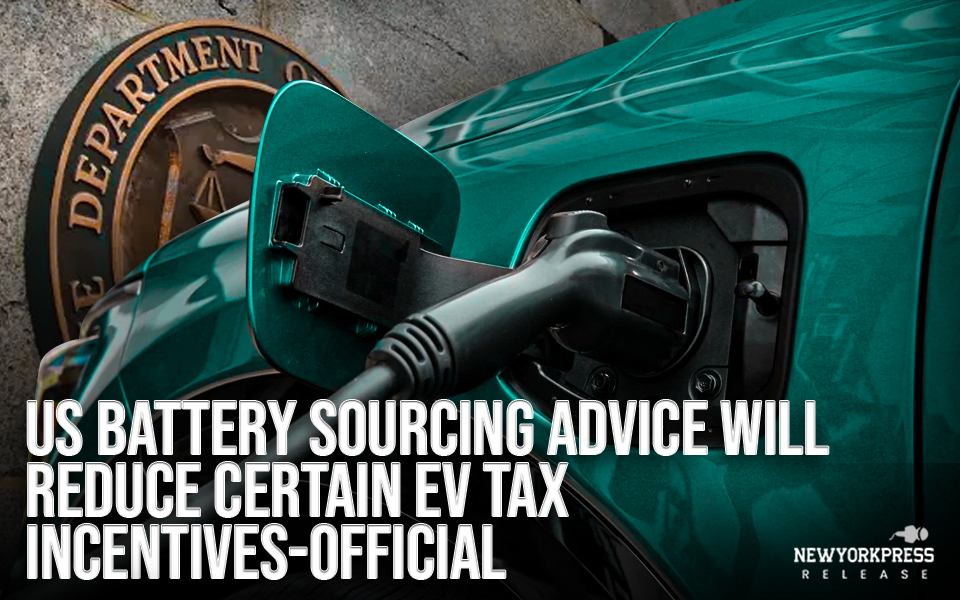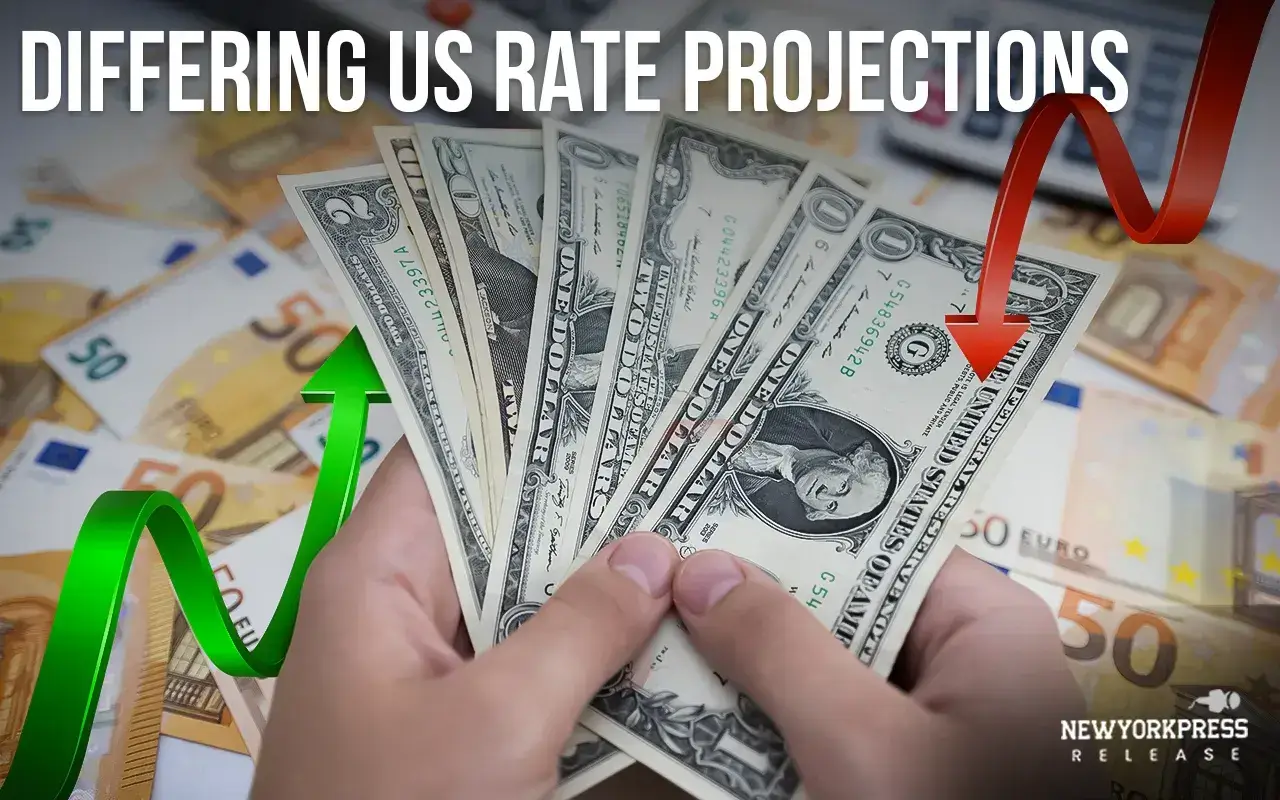A U.S. official told Reuters that the Treasury Department’s long-awaited guidelines on battery sourcing standards for electric car tax credits, expected out on Friday, will result in fewer vehicles receiving full or partial benefits.
The Treasury Department decided in December not to provide suggested guidelines on battery sourcing standards until March, giving those EVs that do not satisfy the new requirements a few more months of eligibility in 2023 before the rules take effect. Senate Energy Committee Chairman Joe Manchin, a Democrat, was outraged.
The Biden administration contemplates that eventually the tax credit will result in sales of more EVs as automakers redesign supply chains to meet critical mineral and battery component rules, the official said. It is unclear when or how many EVs will lose or have their tax credits reduced.
White House adviser John Podesta at a conference on Tuesday reported the guidance will be provided by Friday despite the fact that the government missed the December 31 deadline required by law. “It’s complicated,” replied Podesta.
To qualify for the $3,750 EV credit, 50% of the value of battery components must be produced or assembled in North America, and 40% of the value of key minerals must be acquired from the United States or a nation with which it has a free trade agreement. These climb by ten percentage points every year.
According to auto industry executives, the advice must address complicated problems regarding how to distinguish minerals and components.
The US and Japan completed a trade deal on EV battery materials on Tuesday, allowing Japanese automakers greater access to a proposed $7,500 US EV tax credit.
In December, the Treasury announced that it would clarify essential words such as processing, extraction, recycling, and what constitutes a free trade agreement. To qualify for any credit, the assembly of electric vehicles must be done in North America.
The measures, which are part of a $430 billion climate package enacted in August, are intended to wean the US off its reliance on China, which dominates global supply chains for items such as EV batteries and solar panels.
After revising its vehicle classification rules, Treasury said in early February that more Tesla (TSLA.O), Ford Motor (F.N), General Motors (GM.N), and Volkswagen (VOWG_p.DE) electric vehicles would be eligible for up to $7,500 in tax credits.
Some of the cars’ credits may be reduced once the battery advice is implemented.




